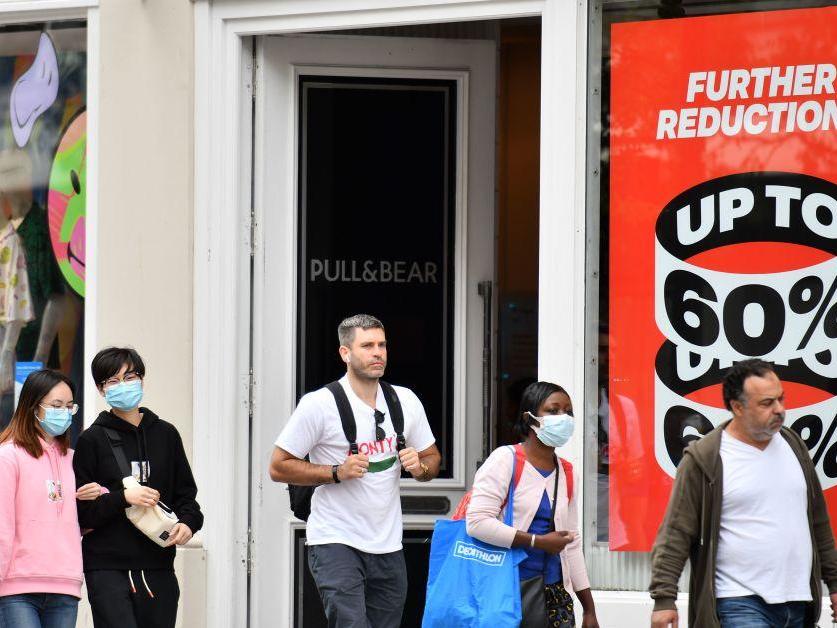Men are less likely to wear face masks – we need a new campaign that targets gender differences
It’s seductive to think that presenting men with the facts or educating them about the risks is all that is needed to dissuade them. In fact, the opposite happens, says Ian Hamilton


It’s already clear that men are twice as likely to die from Covid-19. Given this higher risk, you’d expect them to be keen to take any necessary precaution. But new research suggests otherwise. It is women who are twice as likely to wear a face mask, with men thinking it’s uncool and a sign of weakness. It’s difficult to imagine a starker example of how pride can kill.
More men will wear face masks if they are told to though. For example, if it is mandatory, as it will be in shops and other settings soon. Women don’t need to be forced into compliance, they willingly accept and understand the individual effort needed to protect the wider community.
Yet this gender difference with face masks fits an established pattern – men are also less likely to wash their hands, a basic precaution known to reduce the risk of contracting the disease.
This research is also a useful reminder of the important role that perception plays, particularly in health. Health theory often assumes people will behave logically. Present them with facts and they’ll respond accordingly. This assumption is clearly problematic, as men’s low compliance with basic hygiene or willingness to use face masks demonstrates.
Previous pandemics such as swine flu also witnessed this gender difference in risk and actions taken to mitigate it. Again, it was women who were more likely to wear face masks in public.
Although illogical, this behaviour makes sense when we look more widely at differences between men and women. Young men are known to be drawn to taking more risks than young women. Think about the way car insurance underwriters routinely assess young male drivers in comparison to young women, charging lower premiums for the latter.
This appetite for risk is also believed to be one of the main reasons for higher rates of illicit drug use by young men compared to their female peers. A difference that has been observed across several generations.
It’s seductive to think that presenting men with the facts or educating them about the risks is all that is needed to dissuade them. In fact, the opposite happens, they either ignore the well-meaning education or worse, this simply arouses curiosity in drugs which leads to experimentation that might not have happened otherwise.
This difference in desire for risk suggests we need smarter ways of persuading men to adopt face masks. Broad public messaging won’t work. Neither will appealing to their altruism – we need to tune into their selfish behaviour and think about providing information that will make clear they are not immortal. Many are probably unaware of the higher Covid-19 death rate among men. That would be a good starting point. Likewise, rather than having Matt Hancock as the persuader-in-chief we need some credible role models, footballers and other high-profile figures. This wouldn’t take much effort and you’d hope these figures would be willing to play their part for free.
Even masculine designed masks could help. Remember, the research suggests non-compliance is in part due to pride, so something that looks less feminine might help overcome that.
What this research really shows is how basic assumptions in relation to gender are the real danger. We don’t think of men as making emotional decisions, but they do. We also tend to think of concern with appearance as female territory.
Whatever the reasons and the solutions to compliance with face masks, one thing is clear – men don’t come out of this well. Women do.
Ian lectures in mental health at the Department of Health Sciences, University of York.
Join our commenting forum
Join thought-provoking conversations, follow other Independent readers and see their replies
Comments